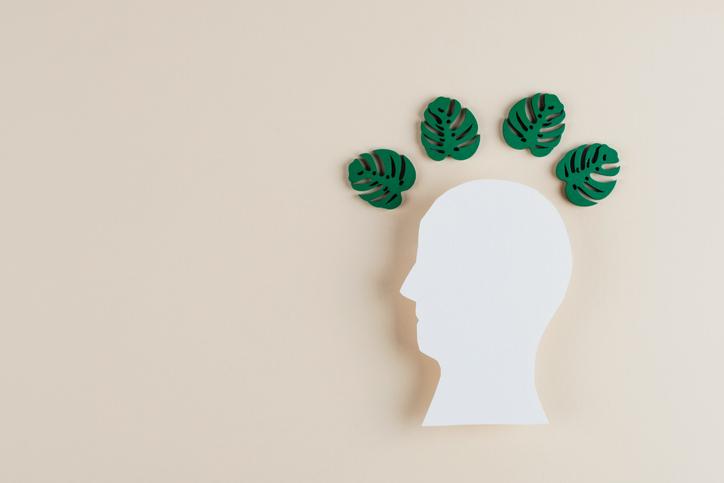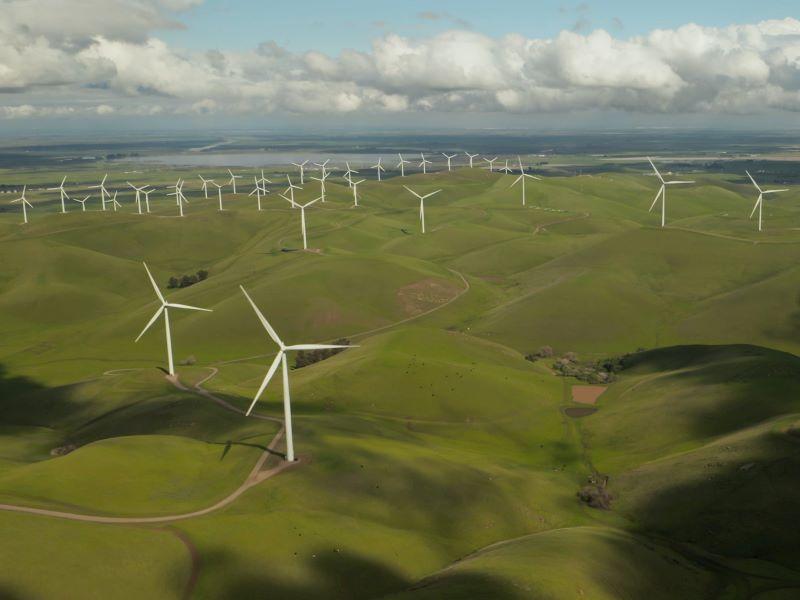The student community is keen for action on climate change. But how can universities encourage this without exacerbating climate anxiety? We need to inspire confidence in the next generation to persuade them that we’re taking the climate emergency seriously, and equip them with the skills they need to fight it.
We’ve been formalising a strategy for ecological transition since 2022, with the appointment of a vice-president for social responsibility and the creation of a sustainable development and social responsibility unit, named after the label all French universities must obtain by 2028.
- Three ways to address students’ climate anxiety
- Traditional ecological knowledge can inspire students to take climate action
- Ease students’ climate anxiety by encouraging climate action
This unit comprises three people: a project manager, a student from the national civic service programme and a sustainability officer (me).
Our team has started with a diagnostic phase, involving meetings with all the university’s stakeholders. A master plan was voted on in September 2024. That same year, the unit also began to offer a wide range of activities by, with and for all our communities.
I was already working in this unit during my master’s in corporate responsibility management. At the end of my master’s, I kept my position and started a PhD; for which the research question is “How do students view pro-environmental workshops offered at the University of Paris-Est-Créteil?” – directly related to my work with the unit. It’s under the supervision of the aforementioned vice-president, Lolita Rubens, a researcher in social psychology and behaviour change specialist, and our positions give us privileged access to the field. The doctoral project is divided into different phases, all of which revolve around workshops and mechanisms that I organise or set up.
We are working on the assumption that the student community is keen to act on climate change in practical ways. The challenge is to avoid increasing eco-anxiety and to instil confidence in an institution that has a moral duty to help the younger generations, both by helping them acquire new skills and knowledge and by reassuring them that it is taking these issues into account.
- We are contributing to the roll-out of an ecological transition and sustainable development teaching unit. It is worth 3 ECTS for undergraduates and will be mandatory from September 2025. We are conducting a survey to find out what students want and need in terms of practical teaching activities, in addition to the 20 hours of theory currently taught online.
- We are part of an award-winning research team on urban agriculture in the AURORA European and University Alliance. The aim is to replicate a Danish survey questioning the intrinsic motivations of students with regard to permaculture.
- We are also part of various research teams attempting to implement an approach to ecological transition that includes student perspectives. Taking the FACILITATION university diploma has given me the opportunity to look at student commitment through artistic practice, in connection with my role as resource person for the student citizens’ convention pioneered by my institution. Focusing on the artistic dimension is also linked to the work of the Arts and Sciences group of the Labos1.5 research group, of which I am a new member.
- In France, more than 150 associations have been set up to offer collective intelligence workshops, such as the Climate Fresco. As well as using gamification to understand the systemic consensus in the fundamental sciences, these workshops aim to change behaviour. Drawing on my experience as a facilitator, I am also trained in the role-playing game My earth in 180 minutes (created by Nicolas Gratiot and Nicolas Champollion at Grenoble-Alpes University), which aims to model social support for measures to reduce university carbon footprints.
In short, the dual nature of my research and operational/ administrative roles enables me to grasp the levers of behavioural change and contribute to its advances.
Léa Chambaudet is sustainable development and social responsibility studies officer at the Université Paris-Est Créteil.
If you would like advice and insight from academics and university staff delivered direct to your inbox each week, sign up for the Campus newsletter.




comment